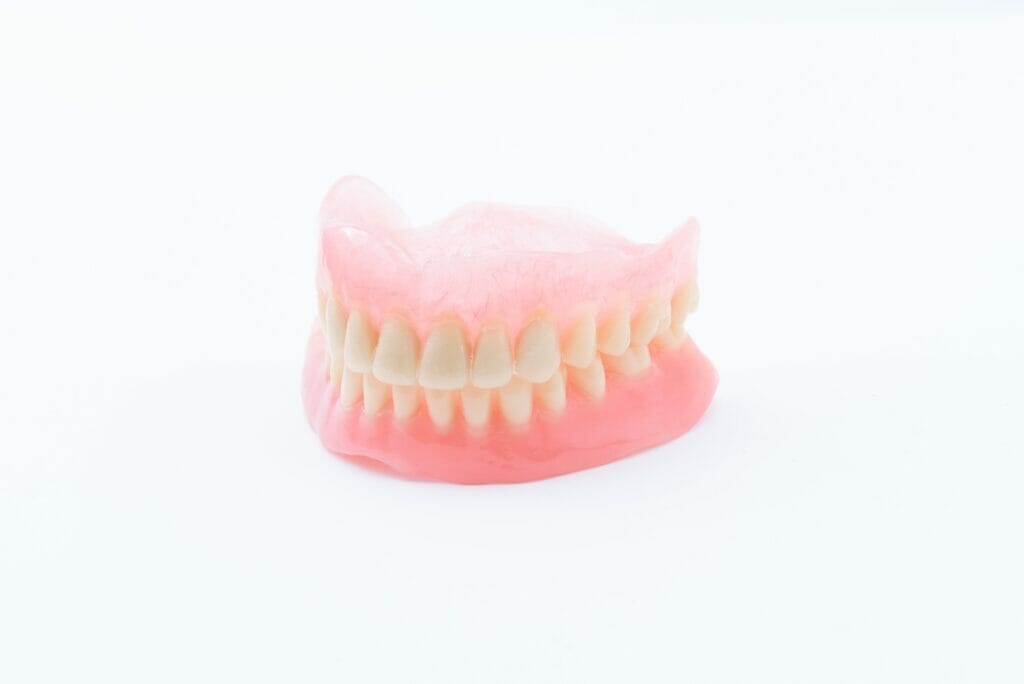
In the past, patients would have failing teeth extracted and wait 4-6 months for healing to occur. Once the gums healed to a stable shape, they had their dentures made (these are called "delayed dentures"). There is no longer a need to go for months without teeth! Immediate complete dentures provide an immediate solution so that you can smile and function the day after your extractions.

Yes. Here is the key: your immediate dentures become less adapted to your gums as post-extraction healing progresses. During this transitional period, you can reline your denture with a soft liner to fill gaps, update fit and maintain denture comfort. Once your gums have fully healed to a stable shape, your Dentist can complete a hard acrylic reline to convert any soft liner into a hard durable denture base. This is how your Dentist converts the transitional immediate denture into a permanent prosthesis.
Great question. Given that you can have your immediate dentures minutes after tooth extraction and then convert them to a permanent long-term denture later, you'd assume the cost would be far above a standard denture. In fact, they cost about the same amount compared to a traditional complete denture ($1,500). A final permanent reline costs an additional $300 - $400. This reline converts your immediate denture into a long-term prosthesis. Your Dentist can complete the final reline 4-5 months after extractions.
Any pain associated with immediate dentures is related to tender gums after tooth extraction. The dentures themselves rest on these tender areas and can cause early discomfort in the first 1-2 weeks post-extraction. Your Family Dentist will typically prescribe pain management medication during this period. This allows them to wear their new denture as much as possible. Maximizing denture wear during this period allows for proper protection and shaping of the healing gums.

Immediate dentures have the following advantages over delayed complete dentures:
Thanks for reading today's article. If you'd like more information on Dentures, please check out my Ultimate FAQ Guide to Dentures.
If you are considering a transition to dentures and would like to discuss treatment options, call us at (519) 576-8160 or request a consult here.
This article is intended to promote understanding of and knowledge about general oral health topics. It is not intended to be a substitute for professional advice, diagnosis or treatment. Always seek the advice of your Kitchener Dentist or other qualified healthcare provider with any questions you may have regarding a dental condition or treatment.
Services
Routine Dentistry & Tooth Repair
Oral Surgery & Tooth Removal
Prosthetic Dentistry & Tooth Replacement
Protective/Preventive Services
Teeth Whitening
Schedule an Appointment Now
